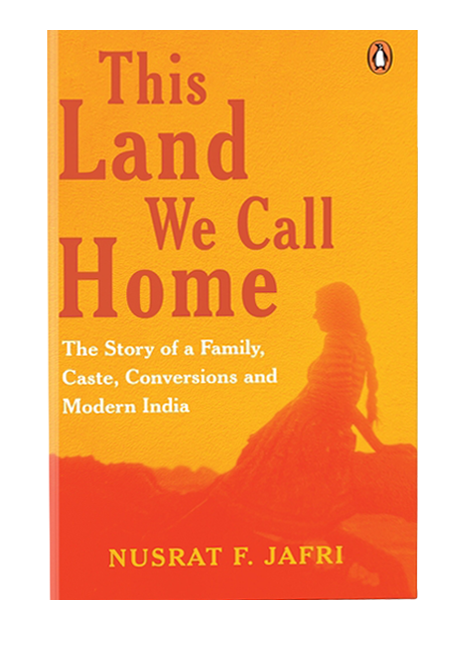This Land We Call Home
In 1871, the British enacted the Criminal Tribes Act in India, branding numerous tribes and caste groups as criminals. In This Land We Call Home, Nusrat F. Jafri traces the roots of her nomadic forebears, who belonged to one such ‘criminal’ tribe, the Bhantus from Rajasthan.
This affecting memoir explores religious and multicultural identities and delves into the profound concepts of nation-building and belonging. Nusrat’s family found acceptance in the church, alongside a sense of community, theology, songs and carnivals, and quality education for the children in missionary schools.
The family’s conversion to Christianity in response to caste society highlights their struggle for dignity. Parallelly, we see the family’s experiences during Gandhi’s return to India in 1915, the Partition, the World Wars, the Emergency and the prime ministers’ assassinations.
In a way, this is a story like and unlike the stories all of us carry within us―the inherited weight of who we are and where we come from, our tiny little freedoms and our everyday struggles and, mostly, the intricate jumble of our collective ancestry. Nusrat pays homage to her foremothers, the first feminists, and her forefathers, the ones who tried hard to fit into a caste society only to be disappointed, eventually choosing alternative faiths in pursuit of acceptance.

